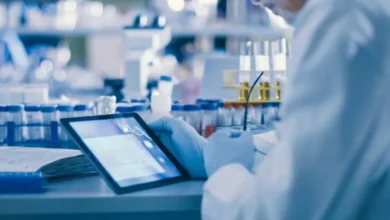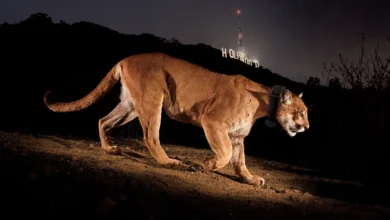How can coffee manipulate our memories?

According to a recent study conducted by researchers at Japan’s University of Tsukuba, a substance found in coffee called TG has been found to improve memory as we age. The study, published in the journal GeroScience, focused on laboratory rats to determine the effects of TG, an alkaloid found in coffee, on memory and spatial learning.
The results of the study revealed that after 30 days of taking TG, the mice showed a significant improvement in their performance on a widely used clinical test called the Morris water maze. The researchers also noted that the mice who consumed TG had better neurotransmitter release and experienced less neuroinflammation, which is a common phenomenon associated with cognitive ageing.

These findings add to a growing body of neuroscience studies that have linked coffee consumption to improved memory and overall health. For instance, a 2018 study published in the journal Frontiers in Neuroscience found that Phenylindanes, a chemical produced during coffee brewing, may help prevent the accumulation of toxic proteins in the brain that are associated with Alzheimer’s and Parkinson’s diseases.
Furthermore, a report published in the Annals of Internal Medicine last year discovered that individuals who drank between 1.5 and 3.5 cups of coffee per day had a 30% lower chance of mortality during the study period compared to non-coffee drinkers.

Coffee consumption has also been linked to heart health. A study conducted by researchers at the University of Colorado found that coffee may be associated with a reduced risk of heart failure or stroke. This study analyzed health data from 5209 individuals dating back to 1948.
However, it’s important to note that TG can also be found in other sources such as fenugreek seeds and radishes. So for those who aren’t keen on drinking a lot of coffee, alternative options are available. As the research continues to unfold, more to discover about the connection between coffee and our brains might be discovered.










